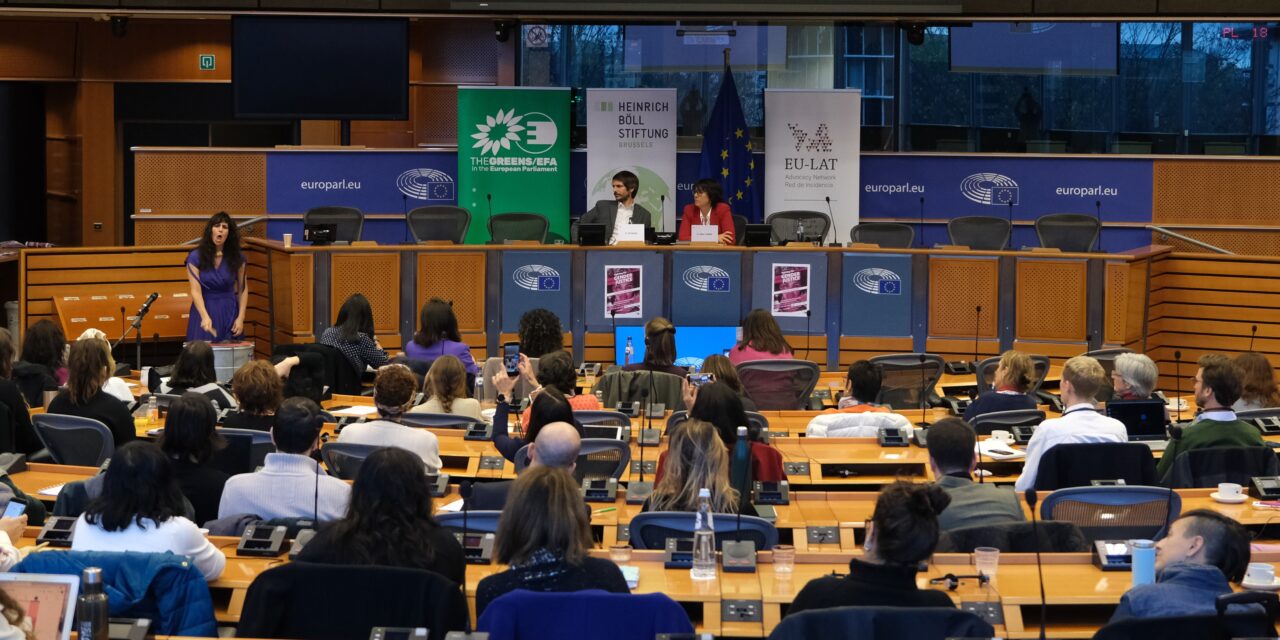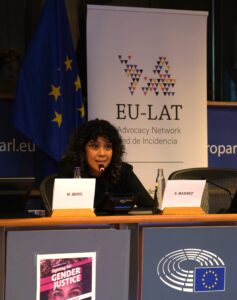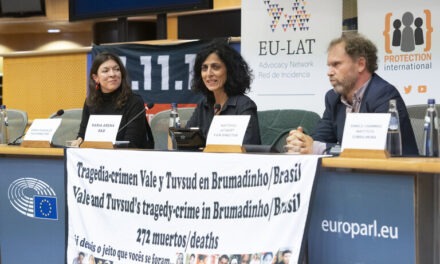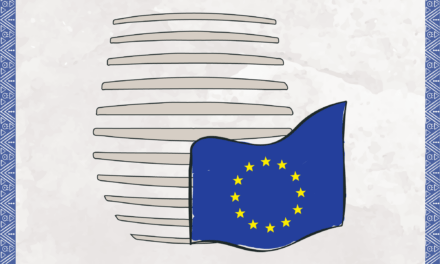“Currently, legislative developments are not responding to the realities of women. Especially in the judicial system, we must not fall behind” – MEP Diana Riba.
The 17th of November 2022, the EU-LAT Network co-organised the XI Annual Conference on Feminicide in the European Parliament, where civil society, MEPs and UN Women gathered to discuss how to improve access to justice for women in the case of gender-based violence. In cooperation with the Heinrich Böll Stiftung, the Conference fostered an exchange between women’s rights organisations from Mexico, Colombia and the European Union to highlight both the physical and judicial oppression faced by women.
With an intersectional and victim-centered approach, the speakers untangled the concept of feminicide, discussed regional tendencies and shared good practices and policy recommendations towards the EU as well as in its cooperation with Latin American countries. Marta Ibero, Executive Director of the EU-LAT Network, highlighted the lack of advances in the judicial system and the role of civil society:
“Thanks to the work of European and Latin American NGOs, gender has become one of the political priorities of the EU. Profound weaknesses persist when it comes to access to justice in general, yet, primarily when it comes to women.”
The case of Buenaventura, Colombia, exemplifies the urgent need for judicial reforms to improve access to justice for women. As victims of physical violence and feminicide in an exacerbating adversary environment, women, girls and their relatives in Buenaventura have been continuously threatened to refrain from filing official complaints and have not been granted an equal access to justice. The past years, human rights organisations have detected a deterioration of the mental health of women in the region due to this neglect, and a surge in the number of female suicides.
In this regard, the speakers of the Conference proposed good practices and policy recommendations to improve legislative measures for women and align EU policy with a gender-based focus. The organisations emphasized the importance of training and gender-awareness within the judicial system targeting stereotypes and the different levels of violence experienced by women. The need for preventative measures was put forward with regard to both judicial strategies and to economic and political measures by states. Most importantly, all organisations and EU officials reaffirmed the demand for the reform of judicial processes to improve the access for all women from an intersectional approach as well as a strong Due Diligence, based on an improved aggregated data collection and exhaustive investigation on violence against women and feminicide.
This event was made possible through the support of AFD.
![]()








